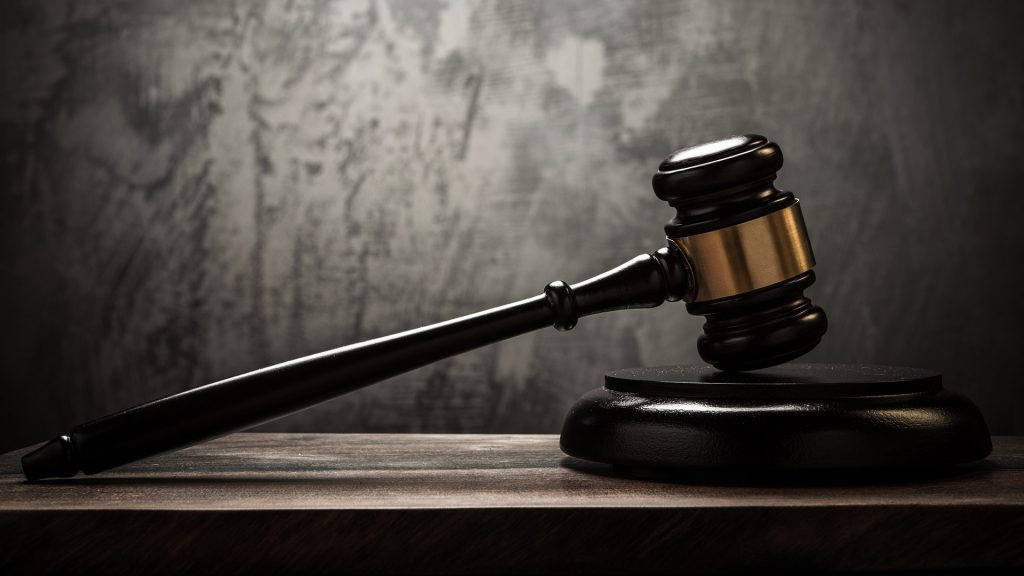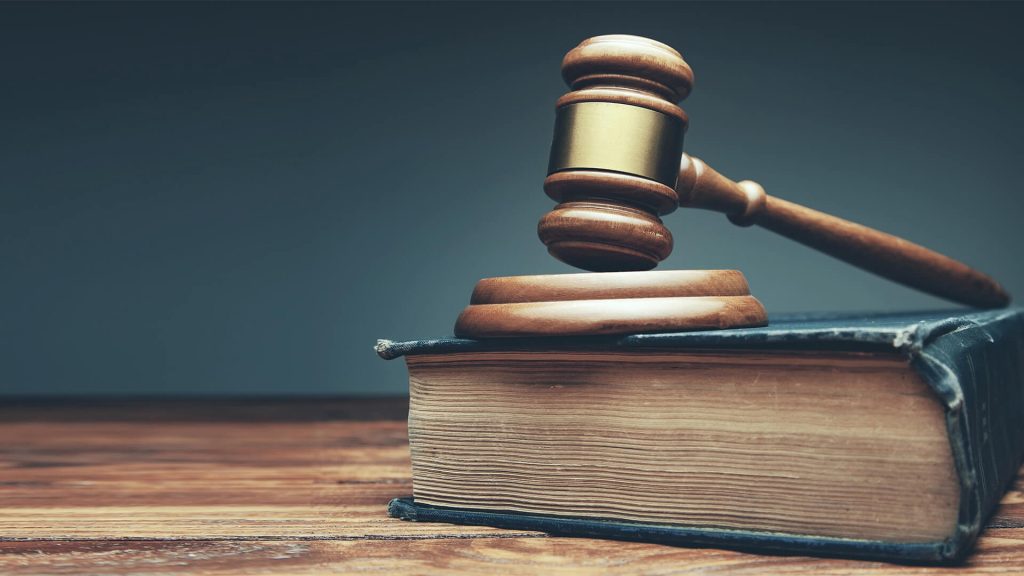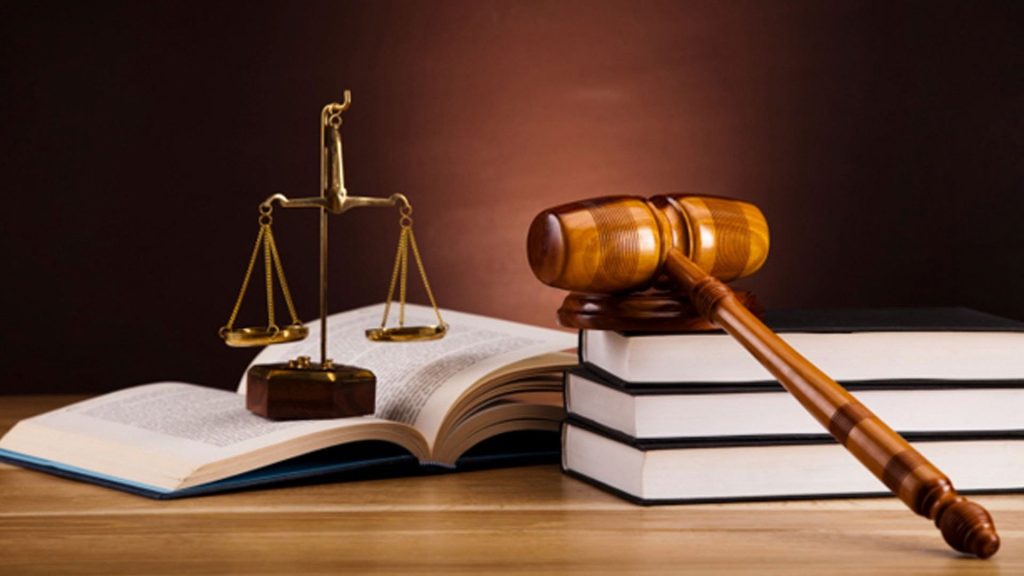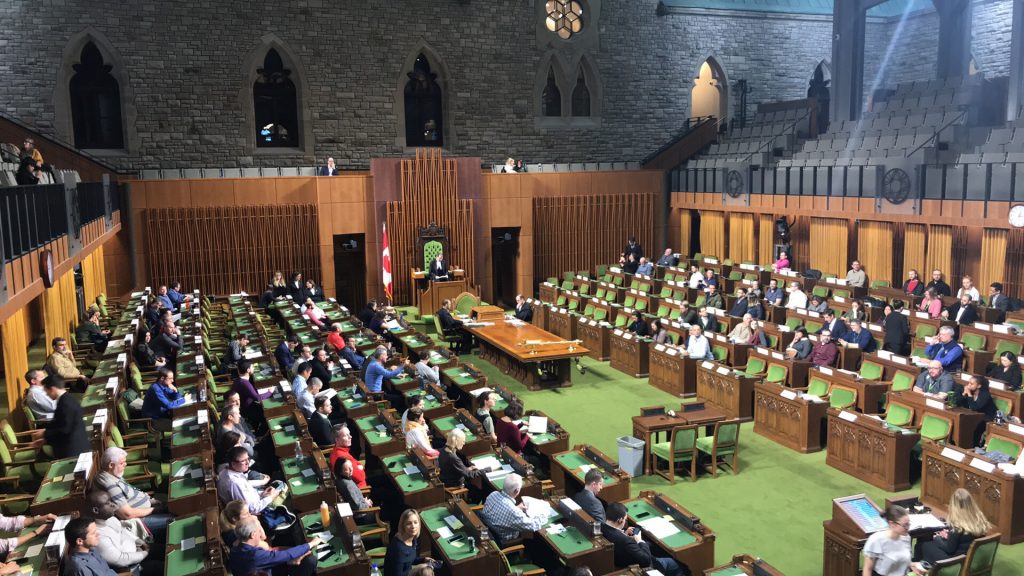Introduction
The coup, in addition to affecting legal issues in the field of constitutional law and legal philosophical questions, The coup also raised issues. In international law as well Academic work in Thailand in the past. The focus is on legal issues that arise in the context of public law only, not international law. This writing attempts to explain the impact of international coups on various issues.
1.What is a coup?
Coup d ‘Etat or coup 1 is the abolition of the former government through unconstitutional means. (unconstitutional means) In other words It overthrows the government by using military force. In French, Coup d ‘Etat is used. The English word coup is “strike” or “hit, and d’ Etat means” State “.
Another word that is so often called so that it seems to have a similar meaning is revolution. A coup is different from a revolution. That revolution has changed the structure of society. Or change the image of the government of the country Not a change A coup d’etat In addition, Revolution will be based on or related to one of the two political ideology in the past. Major revolutions of world history have been French Revolution of 1789, Revolution of Russia 1917, Revolution of 24 June 1932, which resulted in the termination of the absolute monarchy of Siam.
2. Type of Coup
Samuel P.Huntington remembers the following types of coups: 3
1) Breakthrough coups
2) Guardian coups
3) Veto coups.
Interestingly, Dr. Pridi Banomyong called the regressive socialist coup a reactionary coup. Such as the coup in Siam on 8 November 1947 4, including the last 19 September that destroyed the constitution. Democracy and the rule of law with uprooting
In addition, A coup without bloodshed Often referred to as the “bloodless coup”, after the successful coup on September 19, 2006, several published books have published the news that It was the most polite coup. Which no people oppose People also offer support. And also said that It’s a coup that is unique in the world. In addition, foreign media use the term “bloodless coup” regardless of reasoning or trying to explain. Did not justify the coup d’etat on 19 September (Not to mention legality) All columnists bring their opinions. This was a coup like no other in the real world, and this point of view is making the public get lost. We are talking about “The legitimacy of the coup” “the rule of law and democracy” “the election that will take place in the next 1-2 months”, etc. ThereforeThe 5, or bloodshed coup, is the total overthrow of governments out of constitutional means and deserves condemnation and opposition to any other use of power that will follow directly from the coup. Especially Deprivation of the rights and liberties of the people and the media
3.Can a coup be made according to international law?
The problem to think about in law is Whether a coup is legal or not. Or is there an explanation that cannot do or cannot do The coup itself would destroy the rule of law and democracy. It also has an impact on the status of the former government that is legitimate as well. This problem can be divided into two levels. Is the level of internal law within the context of constitutional law and criminal law (eg treason Also known as treason) 6 and at the level of international law But this article will only limit the issues relating to international law.
international law It does not prohibit the state from taking a coup. Although many democratic countries condemn a coup. The reason for not banning is because international law sees that People of any country have the right to choose a regime that is considered domestic affairs. 7.
While Professor Hans Kelsen * describes the coup by setting the principle that There are three components of statehood under international law: territory, citizenship and state power, which are passed on by the government. And at the same time, the executors have successfully established effective control (efficacy) over land or citizens. It is a coup government used state power to 8 Kelsen, called the coup a success as -creating Fact Law from 9.
Kelsen’s focus on the element of “effective control” or “efficacy” is so much less of a mention of legitimacy or legality. Those that are illegal may have a valid (valid) or even legal effect as well. And revolutionary acts and coups are examples of the exceptions that “Dharma is not born of unrighteousness” (ex injuria jus non oritur) 10It is likely that Kelsen, as an international lawyer, viewed the state as a member of the international community. The state of existence of the state has to be continually and continuously changing Could be called a master “Continuity of state” The state of the state cannot be terminated by a coup. As for the government that gained the power to rule the country in a coup, will it be accepted by the international community? It is another issue which is a government certification issue.
For that country The Supreme Court has always confirmed that The coup, which successfully seized power from the old government, was considered the “new government” or “Lord Athipat”, who used the state power 11 on the issue that How should the court react to the “order” of the junta? Or if the court has to decide on the legal issue of a coup In this regard, one of the scholars suggested that The court has only two options: Surrender to being part of a coup or constitutionality Another option is The court had to use moral courage to deny the legal status of the junt 12.
4. The impact of international coup d’etat
However, international law does not forbid a state from coup. But a coup would inevitably affect the country as follows:
4.1 Government Certification Issues
According to international law Change of government By means of outside the constitution (unconstitutional means) such as revolution, coup, civil war They all lead to government certification problems. As for the change to the government according to the constitutional framework provided, such as the completion of the government’s term of work and a new election. The dissolution of the parliament is good. The resignation of the government is good. Has resulted in no 13 issues of government certification
Government recognition is a unilateral act, a political act with a legal implication, which can be described as follows:
1) It is a unilateral act of the State, meaning that the recognition of the Government is due to the exercise of the powers of any State that wishes to endorse it alone. This is not the result of an agreement between the accredited state and the accredited state.
2) It is a political act, meaning that the endorsement of the government or the non-recognition is the absolute discretion of the state. Government certification is inevitably connected with interests or international politics. International law is not always a duty of the government to certify. Therefore, the state that accepts the certification will carefully consider what it will gain from it. His or her endorsement will not affect diplomatic relations, both to the accredited government as well as from other countries, especially those that oppose the government that they will recognize.
3) Certification has legal implications Certification of a government, whether it is a de facto or de jure endorsement, has international legal implications or implications, such as the recognition of that government as a representative of a state in foreign affairs.
Introduction
to the members of the House of Representatives from the Pheu Thai Party gave a press release about the filing of the case with the International Criminal Court in the case of 91 bodies. 2009 has already made Thailand a member of the International Criminal Court. As the matter of prosecution in the International Criminal Court is important and directly related to the issue of international law, it should be explained both. “Facts” and “laws” to prevent the public misunderstand as follows
First.Thailand is not yet a member of the Statute of the International Criminal Court, also known as the Rome Statute of the International Criminal Court (ICC). But has not yet given “ratification” (ratification) or acceptance Or give approval in any way In accordance with Article 126 of the Rome Convention, it states that the entry into force of the Convention to that State States can declare their intention to enter into the obligations of the Convention by ratification. Or accept Therefore, the signature alone is not sufficient to make Thailand a member of the Convention in any way. The fact of the matter is the fact that Thailand is party to prove or not it can be verified by officials of the Ministry of Foreign Affairs or from the Internet 1.
In addition The ratification of the Rome Convention is so important that it is impossible for the public to be unaware and to the extent that Thailand is stuck in a sensitive issue. So it is not yet possible to see how to become an affiliate any time soon. Not resting must mention Section 190, paragraph two, stipulating that Entering into a treaty party is required to enact such a treaty submission act. The administration must present it to the Parliament for approval. But in the past, there has never been any news about this matter. In the past, foreign NGOs, The Coalition for the International Criminal Court, issued a letter dated 3 October 2011 to Prime Minister Yingluck Shinawatra calling on Thailand to Parties to the Rome Statute 2 , so it is not possible for Thailand to become a party to the Rome Statute on the international Criminal court, then
Second.On the basis of the fundamental law of the treaty on binding of States Parties in terms of that time, In general If there is no intention of any other State Party The binding of the treaty has no retroactive effect. (non-retroactivity of treaties) By Article 28 of the Vienna Convention on the Law of Treaties, The obligations of a treaty are not binding on a State Party provided that: Any actions or facts or circumstances have occurred and ended before the treaty is binding on the states that 3 other words, if an event occurs a whim and ended early.That Thailand will become a member of the Rome Convention Thailand could not claim its obligations under the convention. On the other hand Thailand will begin to fall under this Convention after it becomes binding on Thailand. In other words The longer the day The longer the date the Convention became binding on Thailand (or the day it was able to claim the Convention as a State Party).
This may be because this year there was a great flood. But even if the water level is already reduced As well as a decline in activities commemorating the agenda of legal rule, not individual rule, yet, the intensity of criminal imprisonment has not yet been established. Which affects political feelings, it is not reduced either They have been pursued since the case of “Agong SMS”, “Marginal Philosophers – from Prachatai” and “Joe Gordon”.
While last year Freedom campaign Has a fight in the issue of movie bands Which limits freedom However, it has not yet reached the level of “physical” restriction. Unlike this year, several news images have appeared inmates behind the kong and inmates being detained. In this season of Constitution Day Therefore, there are cases of intense action against freedom
“Prachachat Business” interviewed “Sao Tri Suksri”, a lecturer at the Faculty of Law Thammasat University Female lawyer of “Nitirat Group” from the case of “Insects in the Backyard” to “Agong sms”
It is generally accepted that the final judgment of the court is It is the determination of the rights and duties of a person in the law. How a judgment may be right or wrong in the law, usually binding on the parties in the case. Legal disputes shall be settled according to the final judgment of the court. And such judgment is the base of execution as well as the claims of the parties in the case further. The value of having to accept a court judgment is The security of the legal position of the person Resulting in the resulting peace in the legal system
However, in a case, it is always possible that a mistake in the trial of that case may occur. Such mistakes can be caused by willfulness or the organization’s negligence in the course of justice. Or that mistake May arise as a result of force majeure A good legal system establishes the rules for the final review of judgments. In the law, we call for the ultimate process of reviewing judgments. But has a flaw And if left for review Would not be fair to the parties in the case that Rehabilitation of the case In the event that it appears in the process of reconsidering the case that the final judgment It is a wrong judgment. The court that considered the case Would have to raise the original judgment, which was a mistake And judge the said case again
Rehabilitation of the case Is therefore a way of overriding the final judgment But it is a wrong judgment This is in accordance with the predetermined processes, procedures and criteria in that legal system. The organization that has the power to overturn the wrong judgment is the judiciary or the court.
In forensic philosophy and in jurisprudence theory There is still a problem to consider further that In the case where a court or a judge is based on the jurisdiction, the judge adjudicates the case according to the law which is clearly inconsistent with justice. Or in cases where the court or the judge adjudicates the case without respecting the basic principles of the law To put themselves in the service of political power at a particular time Accepting things that may not be considered law Make it law Then deciding the case in the form of a judgment Most of the time later people saw that such a judgment was unrecognizable to have effect in the legal system. And apparently unable to use the method of rebuilding the trial to override that judgment as well Is there any way to override that judgment?
The primary principle in this regard is that rules are severely opposed to justice. Should not be called a law A verdict that is expressly contrary to fundamental principles of law and justice should not be called a judgment.
In germany After the end of the Second World War Apparently Various courts, especially the Special Court at Adolf Hitler established as the highest court in political criminal cases. (Known in German as Volksgerichtshof Which may be translated according to the vocabulary that Supreme People’s Court When first established This court has jurisdiction over national treason. It was later expanded to other criminal cases, such as criticizing or expressing doubts about the Nazi regime’s triumph in war. Such courts may even execute the death penalty for commentators or show suspicion of victory) convicted many people against fundamental principles of law and justice. There are a number of judgments in which the court has adopted a method of interpreting the law to be widespread. To punish someone In many cases it is evident that the court has already flagged the punishment of persons.
“… Let me give you an example of good and bad traditions. According to the tradition of governing the country The King’s sermon or royal speech must be written for the Minister’s response. But now I’m talking, not reading Because he has followed one of the traditions of the Thai people who are not doing well, that is, doing more than western This sermon was only prepared at 2 pm this afternoon. Should have been prepared for a long time But saw that it was not necessary May not know much about it Here’s an example of a bad tradition that we shouldn’t be following … “







